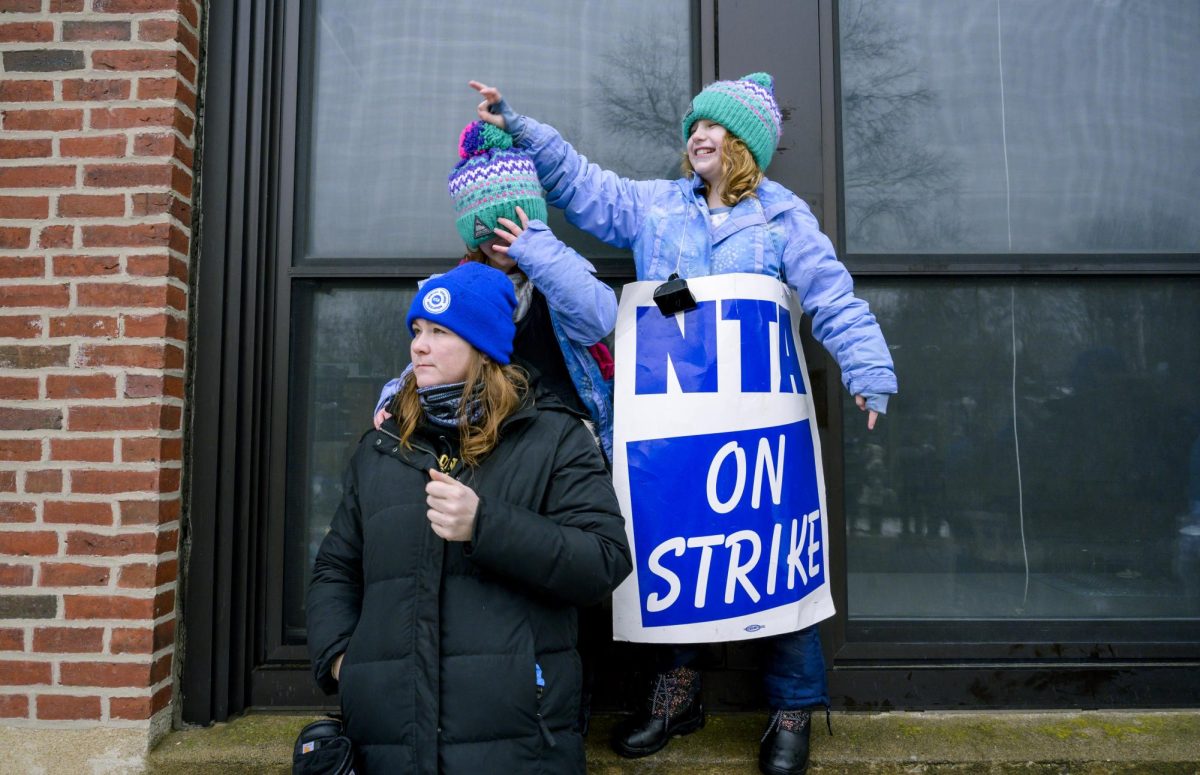
When I was in eighth grade, a craze overtook our online lives. It came by way of Formspring, and it presented the problem and the possible tool of anonymity.
The damage of anonymity often outweighs its benefits, but anonymity’s advantages are too often overlooked.
Formspring is just one of several websites, such as tumblr, that allow people to send anonymous messages.
Prior to Formspring, students said things on the Internet without fully thinking them through, yet with anonymous posting, students began to feel no responsibility for what they posted on the Internet.
As a result, many students, myself included, received messages like “I hope you die” and “You are honestly the most obnoxious person I’ve ever met.” Some interactions escalated to the anonymous bully calling students derogatory terms.
Although it is likely that people who send anonymous messages do not truly mean what they say and are only looking for a reaction, this does not make their actions any better. The fact that the messenger is anonymous means he or she could be anyone––a stranger or a close friend. The victim is left feeling paranoid about not knowing the bully.
Many students deleted their accounts in response to the anonymous messages, but some didn’t. I was among them. I found there are benefits to anonymity, such as the ability to give and receive compliments and advice, and though I don’t believe they outweigh the problems, they were enough for me to keep my account.
One benefit of Formspring was that people used anonymity as a tool to compliment people they admired but didn’t feel comfortable speaking to face to face. There is a certain adrenaline rush in sending even kind anonymous messages and an immense satisfaction in feeling that you might have made someone just a bit happier, not to mention the elation obtained from receiving a complimentary message yourself.
Despite the fact that on the Formspring accounts I saw more compliments were given than insults, when I received both I was likely to disregard praise and cling to disapproval, making compliments an illegitimate reason for keeping an account.
However, there was a second benefit to keeping my account. Students messaged their peers anonymously for advice on issues that they weren’t comfortable having their name connected to.
For example, someone struggling with coming out as gay wouldn’t be able to ask for advice without revealing his or her sexuality, unless he or she was able to remain anonymous. I found myself spending hours responding to these advice requests and whether or not my responses were actually helpful, it allowed me to feel like I was making a difference.
Many issues are a million times easier to receive advice on with anonymity because secrets often have to be explained in order to get advice. The ability for students to receive honest help from their peers should not be underestimated, and if anonymity is the price for this, than perhaps it is worth it.
In the end, similar to many parts of our online world, there are both positives and negatives to anonymity. The danger of being hurt through anonymous messages is more than enough of a reason to stay away from anonymity all together if one is repeatedly getting hurt, but being able to give and receive honest advice is an undoubted benefit.
If you choose to use anonymity, you need to be cautious of its dangers. If you decide not to, it’s helpful to understand why others might keep an account on a website which allows anonymous messages. What is most important is that you are aware of both the pros and cons of anonymity, whatever your decision may be.













































